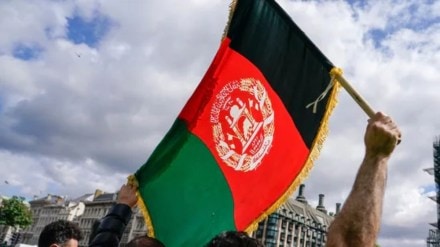The Afghan Embassy in Delhi has been forced to shut its doors due to financial troubles and conflicts among its diplomats, with some diplomats even seeking asylum in other countries. This closure has caused concerns, and the Indian government is currently reviewing the situation.
According to sources, the government has received a communication, but they are trying to verify its authenticity and understand its contents.
Why?
The context for these developments includes the prolonged absence of the Afghan Ambassador from India, the departure of diplomats to third countries after receiving asylum, and reports of disagreements among Embassy personnel.
India-Afghan Relations
One of the issues that have strained relations between Afghanistan and India is the lack of visas for Afghan students. Nearly 2500 Afghan students wanted to continue their education in India, but their requests went unanswered.
According to reports in a section of the media, Onib Dadgar, who represents Afghan students, expressed frustration, saying that they had written to the Indian government several times to enable Afghan students to pursue their studies in India, but their efforts were in vain.
Interestingly, despite not officially recognizing the Taliban-led government in Afghanistan, India’s embassy in Kabul continues to operate. However, it is referred to as a “technical establishment” that primarily focuses on distributing humanitarian aid with the assistance of local partners. Regular consular services have been discontinued.
In summary, the closure of the Afghan Embassy in Delhi, coupled with the strained relations over student visas, reflects the complex and evolving situation in Afghanistan and its impact on diplomatic ties with India. The Indian government’s cautious approach to recognizing the new Afghan government has led to adjustments in their diplomatic operations, such as maintaining a presence in Kabul primarily for humanitarian purposes while addressing internal embassy issues in Delhi.
